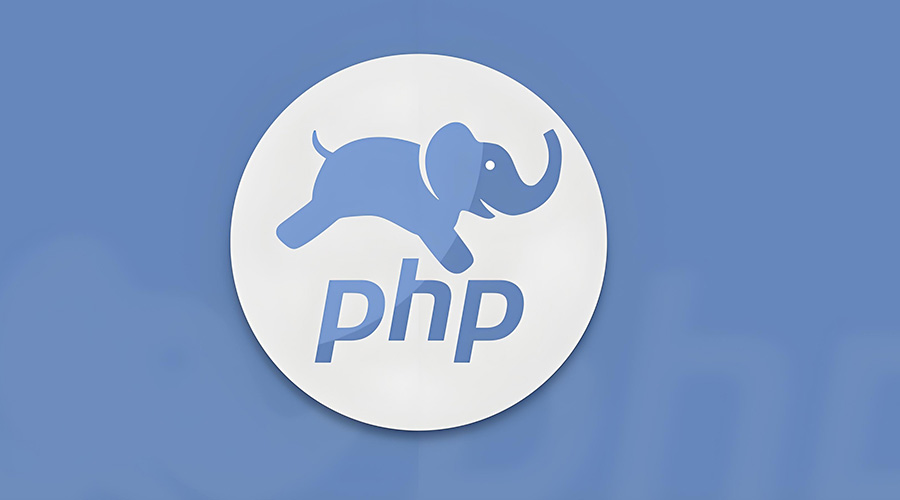Go Variables and Constants
Variable Declaration
Standard Declaration
var variableName variableTypeVariable declarations begin with the keyword var, followed by the variable type after the variable name. Unlike C/C++/Java, semicolons are not required at the end of the line.
var name string
var age int
var isOk boolBatch Declaration: Declaring variables one by one with the var keyword can be cumbersome. Go supports batch variable declaration, making it more concise:
var (
name string
age int
isOk bool
)Variable Initialization: When declaring variables in Go, the corresponding memory regions are automatically initialized. Each variable is initialized to its type's default value: integers and floating-point variables default to 0, string variables default to an empty string, boolean variables default to false, and slices, functions, and pointer variables default to nil.
var variableName variableType = expression
e.g.:
var name string = "synfun.com"
var age int = 18
or
var name, age = "synfun.com", 18Type Inference: Sometimes we might omit the variable's type (for brevity?). The Go compiler infers the variable's type based on its value, thereby completing the initialization.
var name = "synfun.com"
var age = 18:= Declaring and Initializing Local Variables: Within a function, you can use the more concise := syntax to declare and initialize local variables. Note that := cannot be used outside of functions.
package main
import (
"fmt"
)
var name = "synfun.com" //global variable name
func main() {
age := 18 //local variable age
fmt.Println(name, age)
}Constant Declaration
In contrast to variables, constants are immutable values, often used to define values that will not change during program execution. Constants must be assigned a value during declaration.
const constantName = expression
e.g.:
const domain = "synfun.com"
const register = 2013
or
const (
domain = "synfun.com"
register = 2013
)
Take a break
👉👉👉 【BTTH Year EP101】Xiao Yan upgraded to Dou Zong and found Elder Yao






